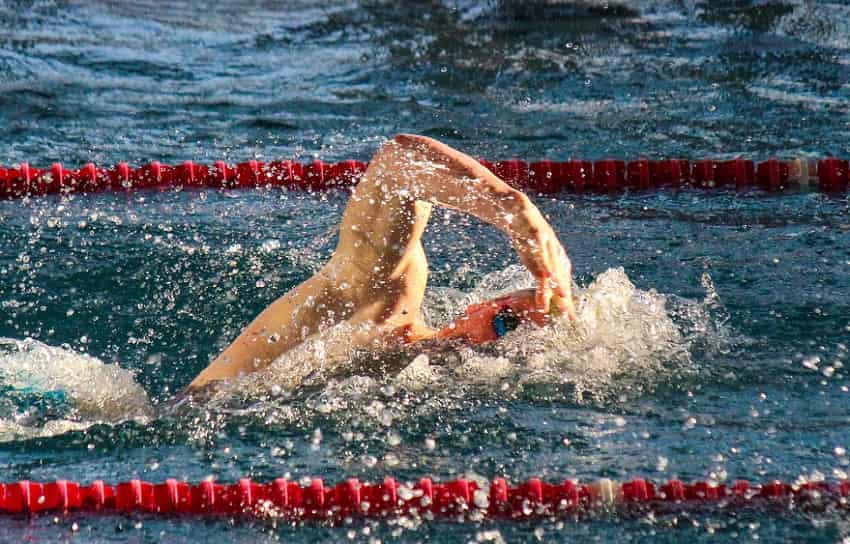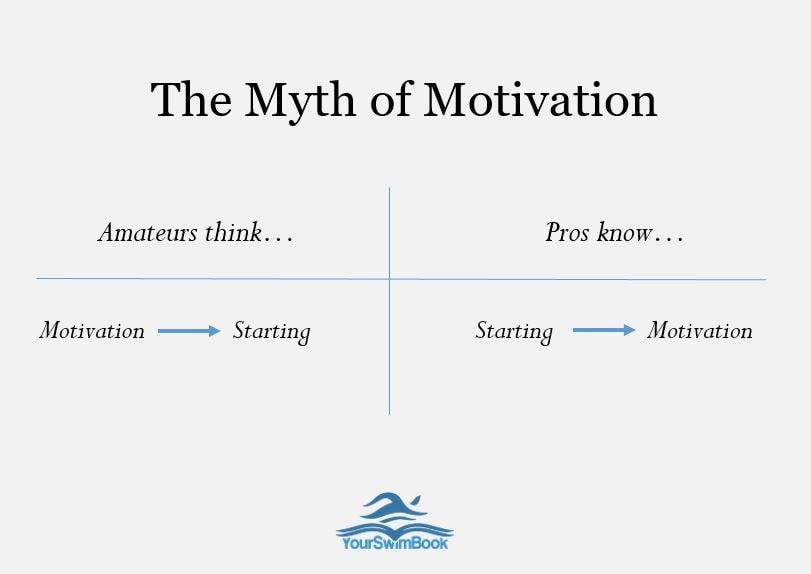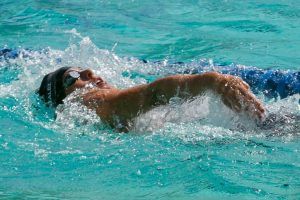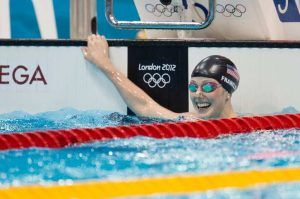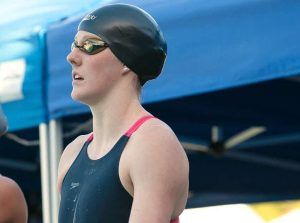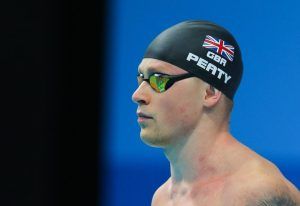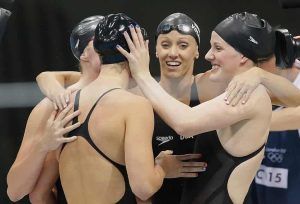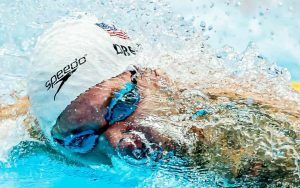Here is a piece of chlorinated breaking news for your soggy-bottomed butt: it’s okay to be unmotivated.
One of the most frustrating complaints I hear from young athletes seeking to do big things in the water is the mistaken belief that they need to be completely motivated, all of the time.
Somewhere along the way they conceptualized that being successful, training hard consistently, having an awesome work ethic, and paying attention to the details requires being totally and utterly fired up erryday:
- “I need to be motivated to work hard.”
- “I need to be motivated to start.”
- “I need to be motivated to change.”
- “I need to be motivated to do the right thing.”
This type of binary thinking places our training, and ultimately—our results in the pool, down to the unpredictable and flaky nature of our “motivation.”
We view those dips in inspiration and resistance as proof that it’s not meant to be. We use a lack of motivation as an excuse not to do the things we know deep in our heart we need to do (which then has the compounding effect of making us feel even worse).
The Myth of Being Motivated
Look—training hard when you are shaking with motivation and excitement isn’t tough. Showing up to practice on a Monday after an awesome meet and crushing practice isn’t difficult. When things are going well, and you are seeing results and you are improving it’s impossible not to be fired up to want to train and do the right things. Anybody can do that.
It’s what happens when things aren’t going your way. When you are feeling frustration, experiencing setbacks (injury, illness, etc), or when those hard sets aren’t “motivating.” The moments where motivation abandons us is what separates high performers from the rest.
It is okay to be unmotivated and experience resistance. It’s part of the process. It is something that is experienced by every athlete, regardless of how accomplished they are.
Olympians feel the same resistance as you to waking up super early for morning practice. They have days where they are tired and aren’t feeling it. They experience the same anxiety-ridden moments where they deeply fear failing.
The difference is that they have figured out ways to do the work when it doesn’t feel easy.
Motivation Comes from Starting
Often swimmers view motivation as a condition for starting something: “I’ll start training harder when I feel like it or when my motivation comes back.”
What they don’t understand is that motivation, the deep, endless kind, comes from starting. It comes from acting. It springs naturally from the momentum of beginning. In other words, it’s a case of the cart leading the horse.
After all, how many times have you been face-to-face with an overwhelming and “impossible” set, only to find that after a few reps that you grow more motivated to complete it?
Things get easier once you start.
That insane set coach gave you over the holiday break? I can almost guarantee you that starting it was harder than finishing it. That 10k run you had to do for dryland? A lot easier after you had run the first few hundred meters.
The Takeaway
Motivation is a fleeting entity. It relies heavily on self-control (“I wasn’t motivated enough to eat well today so I ate four bags of Doritos”), which fluctuates based on your habits, mood, how rested you are, and so on.
It’s okay to experience frustration. To not “feel like it.” You can feel this way and still do the singularly most important thing to your success in the water…
Starting.

